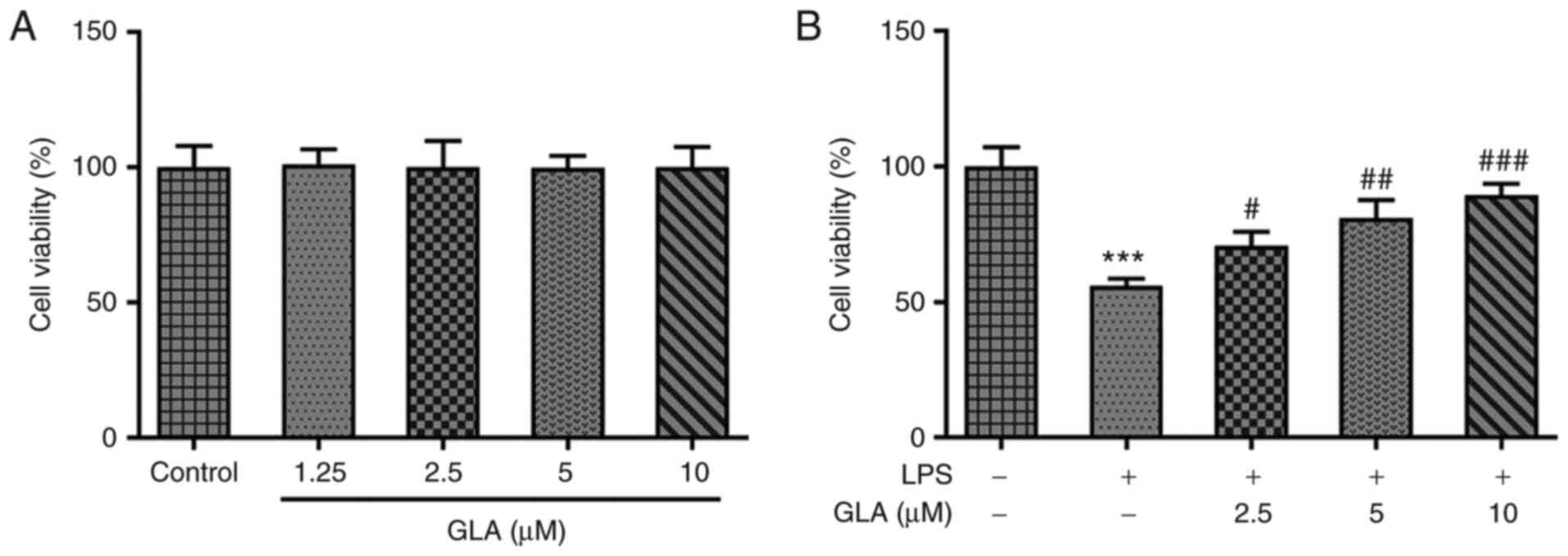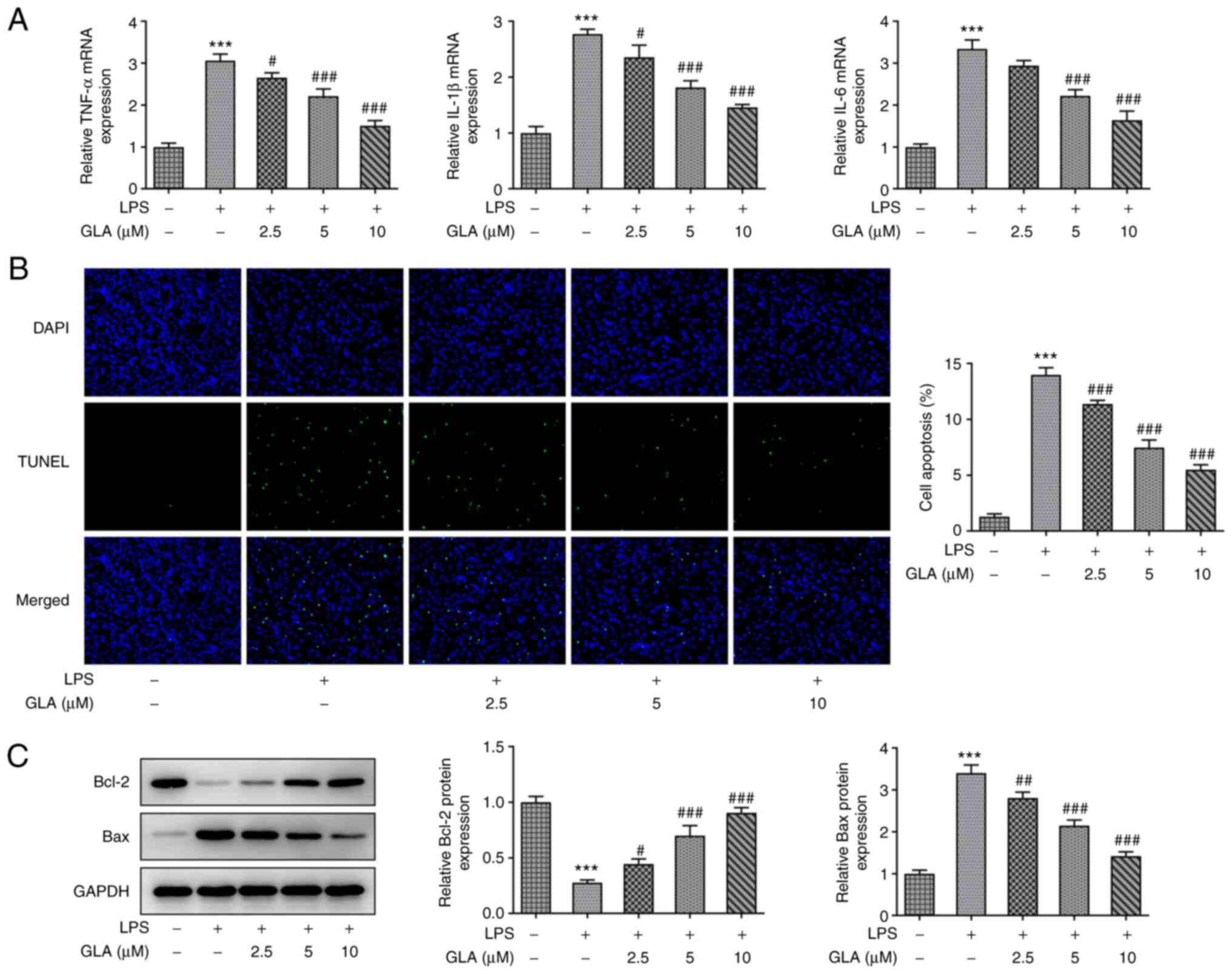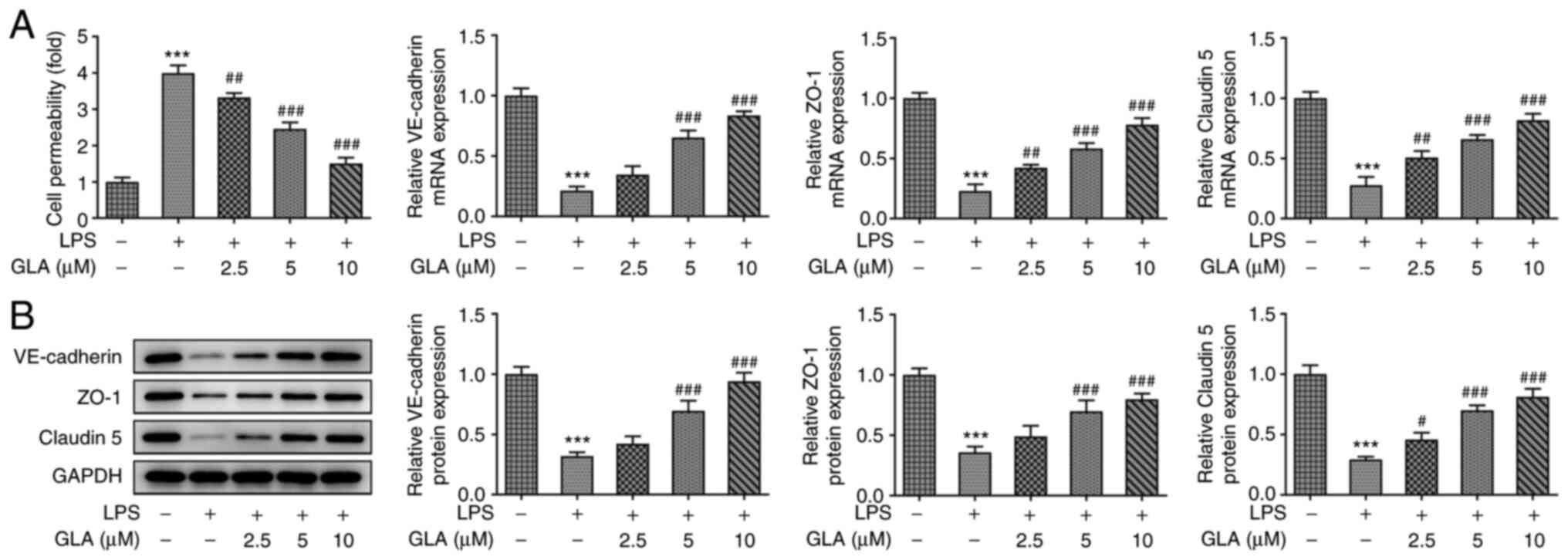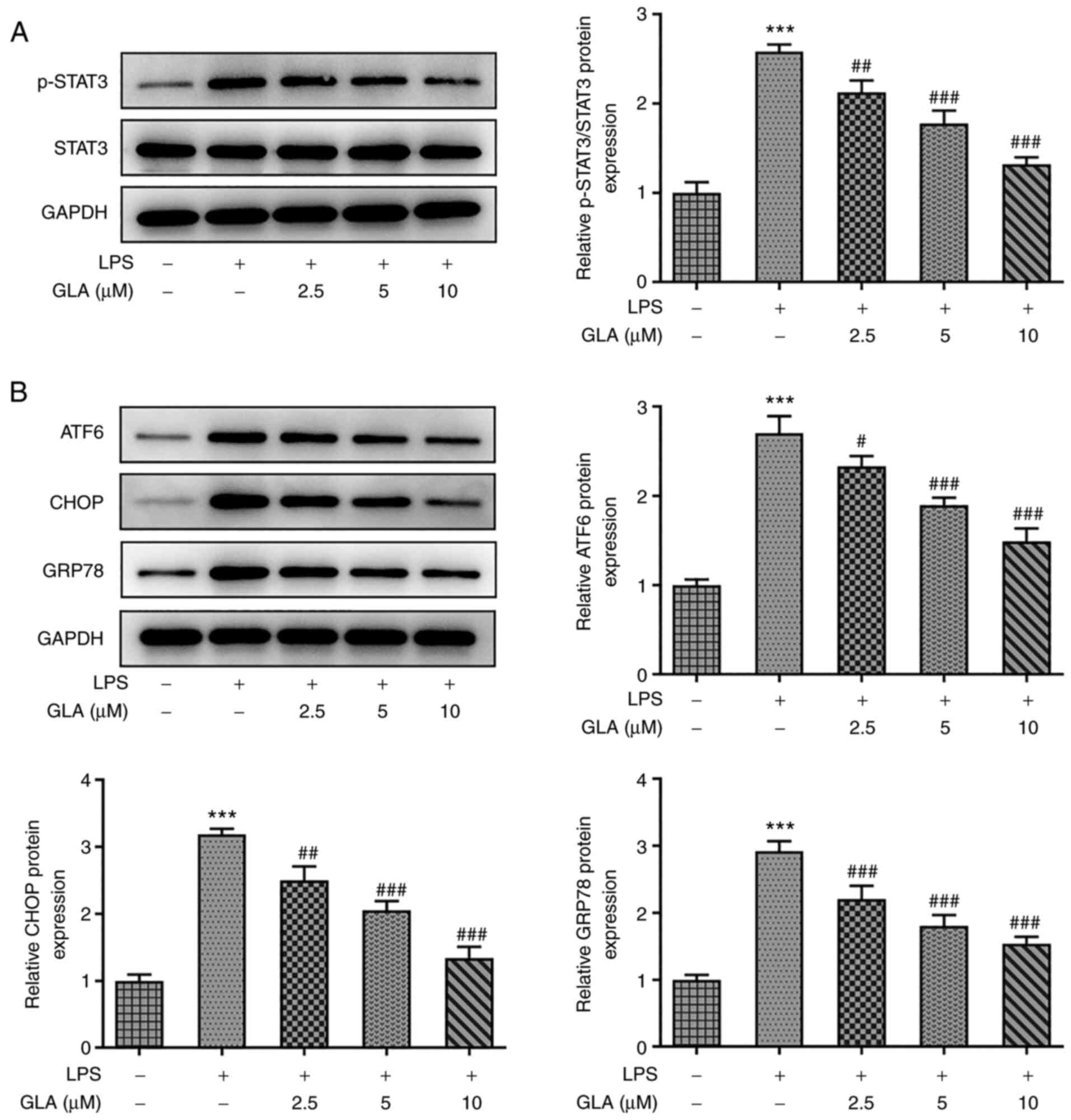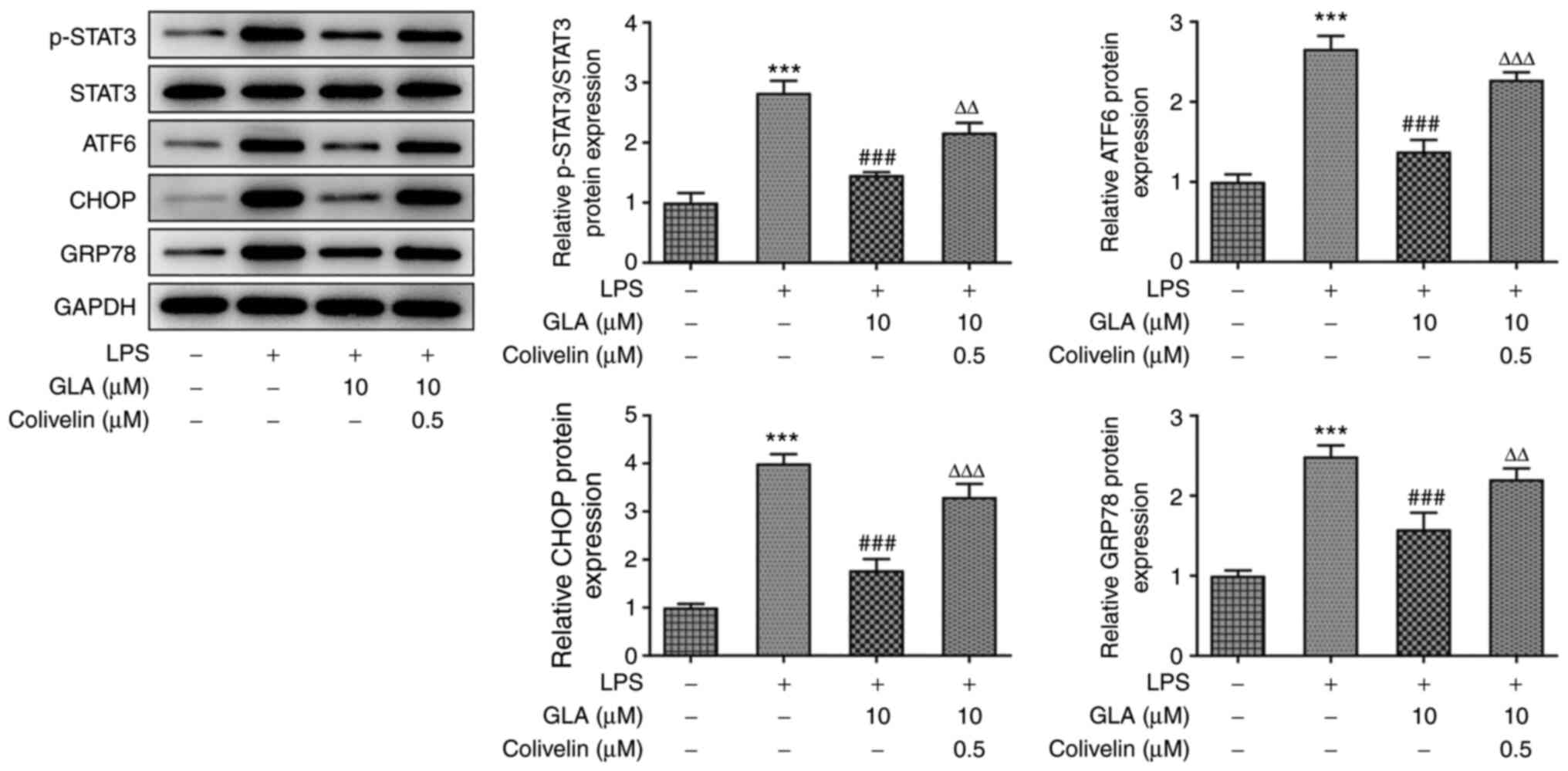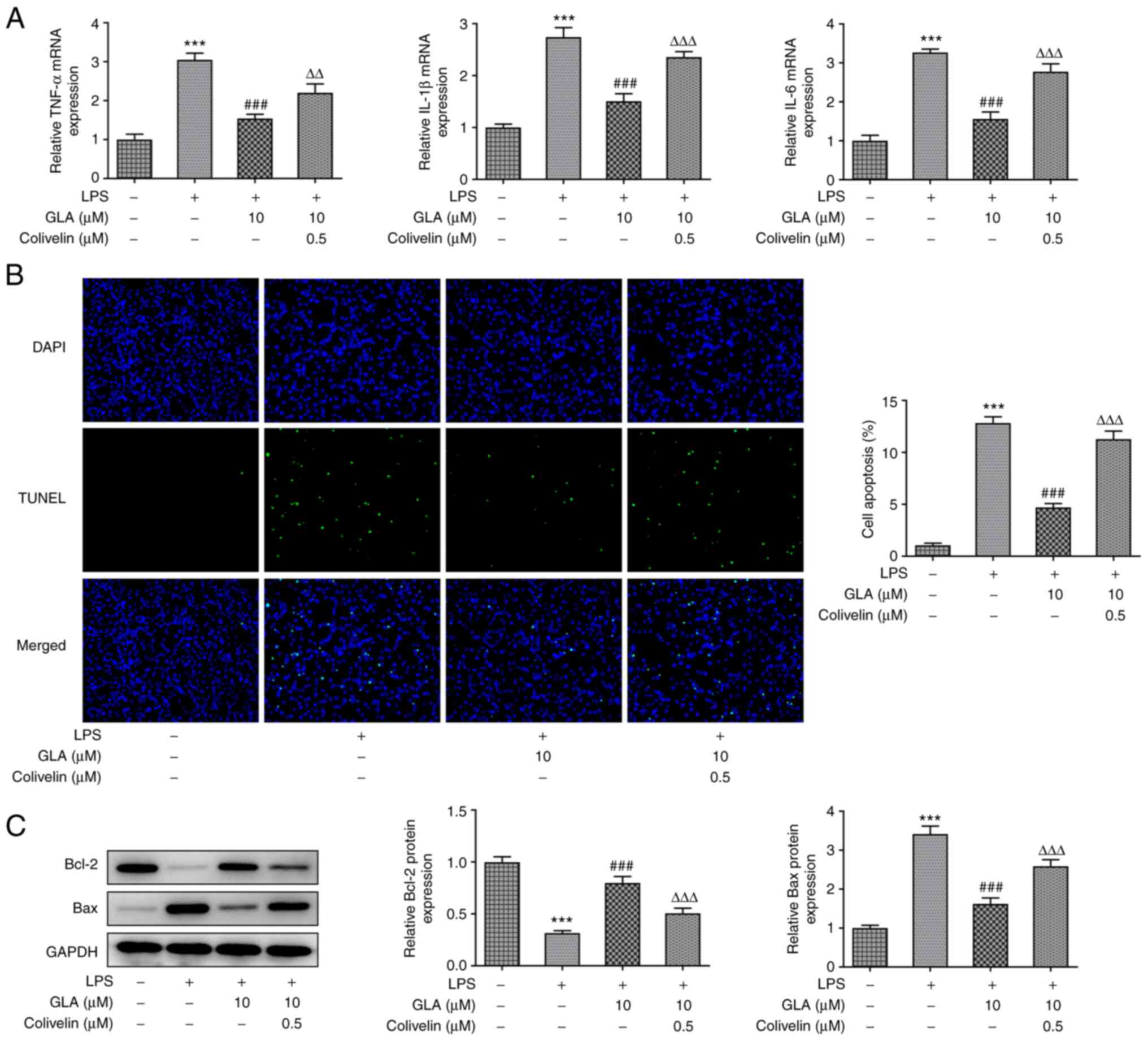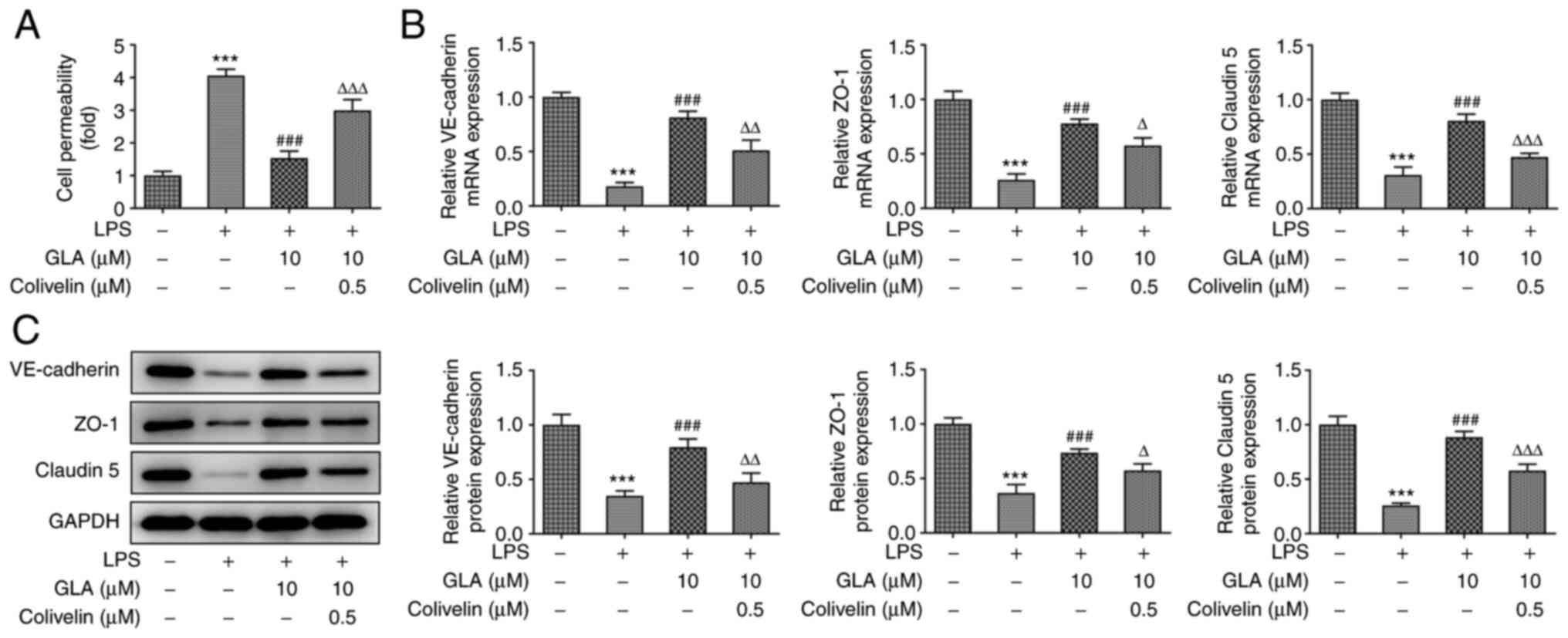|
1
|
Li W, An X, Fu M and Li C: Emergency
treatment and nursing of children with severe pneumonia complicated
by heart failure and respiratory failure: 10 Case reports. Exp Ther
Med. 12:2145–2149. 2016.PubMed/NCBI View Article : Google Scholar
|
|
2
|
Korppi M: Diagnosis and treatment of
community-acquired pneumonia in children. Acta Paediatr.
101:702–704. 2012.PubMed/NCBI View Article : Google Scholar
|
|
3
|
Simonetti AF, Viasus D, Garcia-Vidal C and
Carratalà J: Management of community-acquired pneumonia in older
adults. Ther Adv Infect Dis. 2:3–16. 2014.PubMed/NCBI View Article : Google Scholar
|
|
4
|
Mattila JT, Fine MJ, Limper AH, Murray PR,
Chen BB and Lin PL: Pneumonia. Treatment and diagnosis. Ann Am
Thorac Soc. 11 (Suppl 4):S189–S192. 2014.PubMed/NCBI View Article : Google Scholar
|
|
5
|
Dreyfuss D and Ricard JD: Acute lung
injury and bacterial infection. Clin Chest Med. 26:105–112.
2005.PubMed/NCBI View Article : Google Scholar
|
|
6
|
Zhang J, Mao F, Zhao G, Wang H, Yan X and
Zhang Q: Long non-coding RNA SNHG16 promotes
lipopolysaccharides-induced acute pneumonia in A549 cells via
targeting miR-370-3p/IGF2 axis. Int Immunopharmacol.
78(106065)2020.PubMed/NCBI View Article : Google Scholar
|
|
7
|
Zeng M, Sang W, Chen S, Chen R, Zhang H,
Xue F, Li Z, Liu Y, Gong Y, Zhang H and Kong X: 4-PBA inhibits
LPS-induced inflammation through regulating ER stress and autophagy
in acute lung injury models. Toxicol Lett. 271:26–37.
2017.PubMed/NCBI View Article : Google Scholar
|
|
8
|
Zhang Y, Zhu Y, Gao G and Zhou Z:
Knockdown XIST alleviates LPS-induced WI-38 cell apoptosis and
inflammation injury via targeting miR-370-3p/TLR4 in acute
pneumonia. Cell Biochem Funct. 37:348–358. 2019.PubMed/NCBI View
Article : Google Scholar
|
|
9
|
Zhou Z, Zhu Y, Gao G and Zhang Y: Long
noncoding RNA SNHG16 targets miR-146a-5p/CCL5 to regulate
LPS-induced WI-38 cell apoptosis and inflammation in acute
pneumonia. Life Sci. 228:189–197. 2019.PubMed/NCBI View Article : Google Scholar
|
|
10
|
Zang L, Song Y, Yu F and Liu X: Emodin
relieved lipopolysaccharide-evoked inflammatory damage in WI-38
cells by up-regulating taurine up-regulated gene 1. Biofactors.
46:860–868. 2020.PubMed/NCBI View Article : Google Scholar
|
|
11
|
Dong Z, Gao Q and Guo H: Glaucocalyxin A
attenuates the activation of hepatic stellate cells through the
TGF-β1/smad signaling pathway. DNA Cell Biol. 37:227–232.
2018.PubMed/NCBI View Article : Google Scholar
|
|
12
|
Xiang Z, Wu X, Liu X and Jin Y:
Glaucocalyxin A: A review. Nat Prod Res. 28:2221–2236.
2014.PubMed/NCBI View Article : Google Scholar
|
|
13
|
Hou X, Xu G, Wang Z, Zhan X, Li H, Li R,
Shi W, Wang C, Chen Y, Ai Y, et al: Glaucocalyxin A alleviates
LPS-mediated septic shock and inflammation via inhibiting NLRP3
inflammasome activation. Int Immunopharmacol.
81(106271)2020.PubMed/NCBI View Article : Google Scholar
|
|
14
|
Liu X, Xu D, Wang Y, Chen T, Wang Q, Zhang
J, You T and Zhu L: Glaucocalyxin A ameliorates myocardial
ischemia-reperfusion injury in mice by suppression of microvascular
thrombosis. Med Sci Monit. 22:3595–3604. 2016.PubMed/NCBI View Article : Google Scholar
|
|
15
|
Wang M, Zhang T, Li L, Xie Q, Wang Y, Li Y
and Chen Z: Protective effects of HY1702 on
lipopolysaccharide-induced mild acute respiratory distress syndrome
in mice. Eur J Pharmacol. 887(173563)2020.PubMed/NCBI View Article : Google Scholar
|
|
16
|
Yang F, Cao Y, Zhang J, You T and Zhu L:
Glaucocalyxin A improves survival in bleomycin-induced pulmonary
fibrosis in mice. Biochem Biophys Res Commun. 482:147–153.
2017.PubMed/NCBI View Article : Google Scholar
|
|
17
|
Peng Z, Zhang R, Pan L, Pei H, Niu Z, Wang
H, Lv J and Dang X: Glaucocalyxin A PRotects H9c2 cells against
hypoxia/reoxygenation-induced injury through the activation of
Akt/Nrf2/HO-1 pathway. Cell Transplant.
29(963689720967672)2020.PubMed/NCBI View Article : Google Scholar
|
|
18
|
Zhu S, Zhang J and Lv Y: Glaucocalyxin A
inhibits hydrogen peroxide-induced oxidative stress and
inflammatory response in coronary artery smooth muscle cells. Clin
Exp Pharmacol Physiol. 47:765–770. 2020.PubMed/NCBI View Article : Google Scholar
|
|
19
|
Mao M, Zhang T, Wang Z, Wang H, Xu J, Yin
F, Wang G, Sun M, Wang Z, Hua Y and Cai Z: Glaucocalyxin A-induced
oxidative stress inhibits the activation of STAT3 signaling pathway
and suppresses osteosarcoma progression in vitro and in vivo.
Biochim Biophys Acta Mol Basis Dis. 1865:1214–1225. 2019.PubMed/NCBI View Article : Google Scholar
|
|
20
|
Zhao J, Yu H, Liu Y, Gibson SA, Yan Z, Xu
X, Gaggar A, Li PK, Li C, Wei S, et al: Protective effect of
suppressing STAT3 activity in LPS-induced acute lung injury. Am J
Physiol Lung Cell Mol Physiol. 311:L868–L880. 2016.PubMed/NCBI View Article : Google Scholar
|
|
21
|
Wang L, Astone M, Alam SK, Zhu Z, Pei W,
Frank DA, Burgess SM and Hoeppner LH: Suppressing STAT3 activity
protects the endothelial barrier from VEGF-mediated vascular
permeability. bioRxiv: doi: 10.1101/2020.10.27.358374.
|
|
22
|
Meng J, Liu K, Shao Y, Feng X, Ji Z, Chang
B, Wang Y, Xu L and Yang G: ID1 confers cancer cell chemoresistance
through STAT3/ATF6-mediated induction of autophagy. Cell Death Dis.
11(137)2020.PubMed/NCBI View Article : Google Scholar
|
|
23
|
Jiang CQ, Ma LL, Lv ZD, Feng F, Chen Z and
Liu ZD: Polydatin induces apoptosis and autophagy via STAT3
signaling in human osteosarcoma MG-63 cells. J Nat Med. 74:533–544.
2020.PubMed/NCBI View Article : Google Scholar
|
|
24
|
Qs L, K C, Ap L, F X, Qw H, Z L, Qh Y, YI
W, Zz Z and J Z: Roles of M3 receptor in the effect of
penehyclidine hydrochloride upregulated beta-arrestin-1 expression
in LPS-stimulated HPMVEC. J Recept Signal. 39:39–44.
2019.PubMed/NCBI View Article : Google Scholar
|
|
25
|
Livak KJ and Schmittgen TD: Analysis of
relative gene expression data using real-time quantitative PCR and
the 2(-Delta Delta C(T)) method. Methods. 25:402–408.
2001.PubMed/NCBI View Article : Google Scholar
|
|
26
|
Vallverdú J, Martínez García de la Torre
RA, Mannaerts I, Verhulst S, Smout A, Coll M, Ariño S, Rubio-Tomás
T, Aguilar-Bravo B, Martínez-Sánchez C, et al: Directed
differentiation of human induced pluripotent stem cells to hepatic
stellate cells. Nat Protoc. 16:2542–2563. 2021.PubMed/NCBI View Article : Google Scholar
|
|
27
|
Zhou Y, Li P, Goodwin AJ, Cook JA,
Halushka PV, Chang E, Zingarelli B and Fan H: Exosomes from
endothelial progenitor cells improve outcomes of the
lipopolysaccharide-induced acute lung injury. Crit Care.
23(44)2019.PubMed/NCBI View Article : Google Scholar
|
|
28
|
Fang YY and Zhang JH: MFG-E8 alleviates
oxygen-glucose deprivation-induced neuronal cell apoptosis by STAT3
regulating the selective polarization of microglia. Int J Neurosci.
131:15–24. 2021.PubMed/NCBI View Article : Google Scholar
|
|
29
|
Mizgerd JP: Inflammation and pneumonia:
Why are some more susceptible than others? Clin Chest Med.
39:669–676. 2018.PubMed/NCBI View Article : Google Scholar
|
|
30
|
Jae SY, Heffernan KS, Kurl S, Kunutsor SK,
Kim CH, Johnson BD, Franklin BA and Laukkanen JA: Cardiorespiratory
fitness, inflammation, and the incident risk of pneumonia. J
Cardiopulm Rehabil Prev. 41:199–201. 2021.PubMed/NCBI View Article : Google Scholar
|
|
31
|
Redente EF, Keith RC, Janssen W, Henson
PM, Ortiz LA, Downey GP, Bratton DL and Riches DW: Tumor necrosis
factor-α accelerates the resolution of established pulmonary
fibrosis in mice by targeting profibrotic lung macrophages. Am J
Respir Cell Mol Biol. 50:825–837. 2014.PubMed/NCBI View Article : Google Scholar
|
|
32
|
Jiang Z, Shen J, Ding J, Yuan Y, Gao L,
Yang Z and Zhao X: USP18 mitigates lipopolysaccharide-induced
oxidative stress and inflammation in human pulmonary microvascular
endothelial cells through the TLR4/NF-κB/ROS signaling. Toxicol In
Vitro. 75(105181)2021.PubMed/NCBI View Article : Google Scholar
|
|
33
|
Zhang D, Zhou J, Ye LC, Li J, Wu Z, Li Y
and Li C: Autophagy maintains the integrity of endothelial barrier
in LPS-induced lung injury. J Cell Physiol. 233:688–698.
2018.PubMed/NCBI View Article : Google Scholar
|
|
34
|
Wang T, Yegambaram M, Gross C, Sun X, Lu
Q, Wang H, Wu X, Kangath A, Tang H, Aggarwal S and Black SM: RAC1
nitration at Y32 IS involved in the endothelial barrier
disruption associated with lipopolysaccharide-mediated acute lung
injury. Redox Biol. 38(101794)2021.PubMed/NCBI View Article : Google Scholar
|
|
35
|
Lee H, Jeong AJ and Ye SK: Highlighted
STAT3 as a potential drug target for cancer therapy. BMB Rep.
52:415–423. 2019.PubMed/NCBI View Article : Google Scholar
|
|
36
|
Jones MR, Quinton LJ, Simms BT, Lupa MM,
Kogan MS and Mizgerd JP: Roles of interleukin-6 in activation of
STAT proteins and recruitment of neutrophils during Escherichia
coli pneumonia. J Infect Dis. 193:360–369. 2006.PubMed/NCBI View
Article : Google Scholar
|
|
37
|
Quinton LJ, Jones MR, Robson BE, Simms BT,
Whitsett JA and Mizgerd JP: Alveolar epithelial STAT3, IL-6 family
cytokines, and host defense during Escherichia coli
pneumonia. Am J Respir Cell Mol Biol. 38:699–706. 2008.PubMed/NCBI View Article : Google Scholar
|
|
38
|
Teng RJ, Jing X, Michalkiewicz T, Afolayan
AJ, Wu TJ and Konduri GG: Attenuation of endoplasmic reticulum
stress by caffeine ameliorates hyperoxia-induced lung injury. Am J
Physiol Lung Cell Mol Physiol. 312:L586–L598. 2017.PubMed/NCBI View Article : Google Scholar
|
|
39
|
Severgnini M, Takahashi S, Rozo LM, Homer
RJ, Kuhn C, Jhung JW, Perides G, Steer M, Hassoun PM, Fanburg BL,
et al: Activation of the STAT pathway in acute lung injury. Am J
Physiol Lung Cell Mol Physiol. 286:L1282–L1292. 2004.PubMed/NCBI View Article : Google Scholar
|
|
40
|
Meng SS, Guo FM, Zhang XW, Chang W, Peng
F, Qiu HB and Yang Y: mTOR/STAT-3 pathway mediates mesenchymal stem
cell-secreted hepatocyte growth factor protective effects against
lipopolysaccharide-induced vascular endothelial barrier dysfunction
and apoptosis. J Cell Biochem. 120:3637–3650. 2019.PubMed/NCBI View Article : Google Scholar
|
|
41
|
Zhang L, Lu P, Guo X, Liu T, Luo X and Zhu
YT: Inhibition of JAK2/STAT3 signaling pathway protects mice from
the DDP-induced acute kidney injury in lung cancer. Inflamm Res.
68:751–760. 2019.PubMed/NCBI View Article : Google Scholar
|















